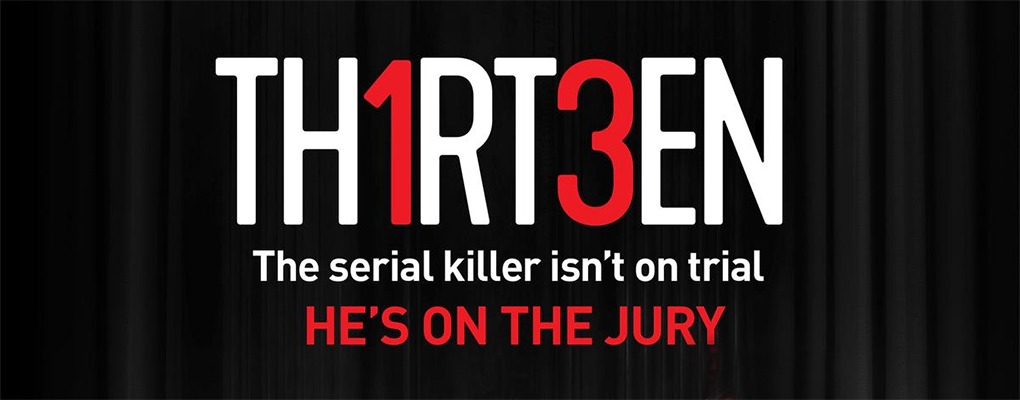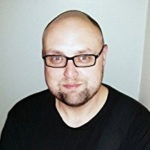Books
Steve Cavanagh: the numbers game
The serial killer isn’t on trial, he’s on the jury.
That’s the tagline of my new book, and one which seems to draw readers, but the book is about so much more.
My new book is called Thirteen.
That’s a number. When I was in school, I was quite good at English. My maths was appalling. To think that I would have a number as a book title is quite strange to me. And yet, I love it. Partly because I’m afraid of it. Numbers scare me. They scare me almost as much as serial killers.
The problem is I don’t understand numbers. Algebra was a foreign country to me when I was a kid in school. The sum total of my mathematical prowess is scraping a C in GCSE Mathematics. And yet I have always been fascinated by numbers. Now, let’s be clear about this. I can’t add numbers. I can’t subtract them. Multiplying them is beyond me and dividing them is akin to rocket science. I can’t do maths. The fascination for me is the significance of numbers in language, belief systems and psychological manipulation.
My main character is Eddie Flynn, a former con artist turned trial attorney. In this novel, there is a scene where Eddie comments upon the use of the number three as a psychological weapon employed by lawyers when they are talking to juries. This is a real thing. I’ve seen it done. Unless you know what the lawyer is doing, you have no clue that what they are saying has significance in mathematical and psychological theory. Because numbers can be as persuasive as facts. Especially when they come in threes.
The number thirteen, as you’ve no doubt guessed, has special significance in this book. The fact that only twelve people can serve on a jury is probably not lost on you, but that’s only part of it. The number thirteen has special significance to the United States of America. And that’s quite strange, really. Some numbers have significance in different cultures. The number four is considered unlucky in China because it sounds like their word for death. They will quite often omit the number four in a building layout plan. And not just four, but fourteen, twenty-four, thirty-four, all of the forties and fifty-four. The consequence is that in some buildings in China if you hit the button in an elevator for floor fifty, you’ve probably only travelled thirty-five stories up.
In the US, thirteen is unlucky, as it is in the UK. We don’t quite let this seep into our culture in the same superstitious fashion, and in the case of the USA, the number thirteen has special significance to the foundation of that nation. It features heavily on the one-dollar bill. Does that mean the entire country is unlucky for some? I couldn’t say.
The killer in Thirteen is on a mission. He has been dubbed Dollar Bill by the FBI.
I will leave you to read the book to find out why and discover that numbers can be much more terrifying and important than most would have you believe.
Have you read Thirteen by Steve Cavanagh yet? Let us know your thoughts in the comments below!



Please note: Moderation is enabled and may delay your comment being posted. There is no need to resubmit your comment. By posting a comment you are agreeing to the website Terms of Use.